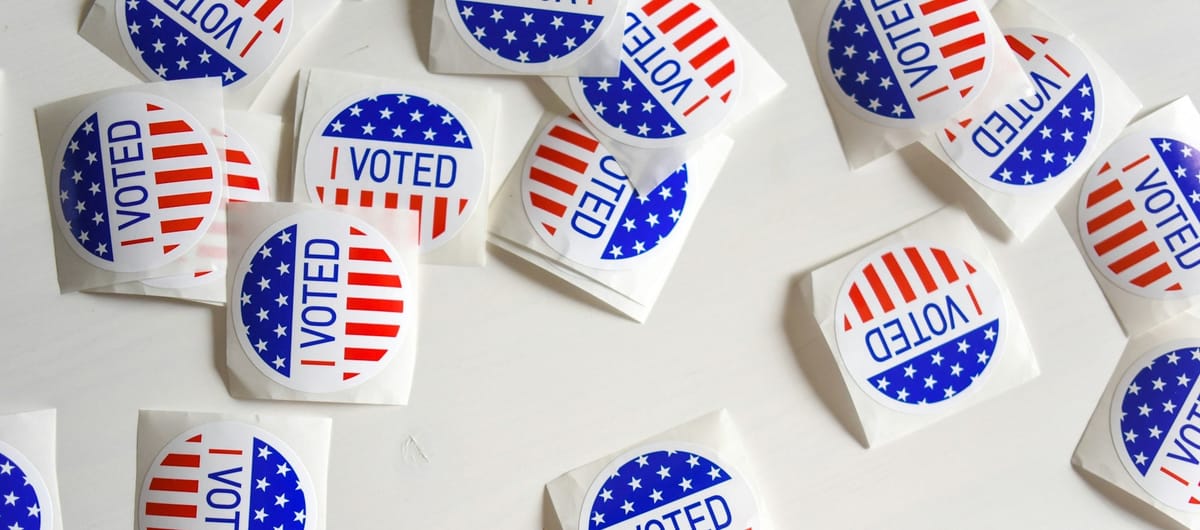Michigan judge dismisses state's "fake electors" case
All 15 election charges were dismissed as prosecutors failed to show criminal intent. Brought by AG Dana Nessel in 2023, the charges included eight felonies, including forgery and conspiracy.

September 9, 2025 – A Michigan judge dropped a landmark "fake electors" case against individuals accused of attempting to falsely certify President Donald Trump's victory in the 2020 election.
District Court Judge Kristen D. Simmons dismissed the case on Tuesday, citing a lack of evidence to prove the defendants' criminal intent. In her comments, she emphasized that merely believing the election was fraudulent—even if it was mistaken—was not sufficient intent to convict on criminal charges. The Attorney General, who brought the case, signaled that her office may appeal the ruling.
In the U.S., each state certifies a group of electors who formally cast votes for president. After the 2020 election, pro-Trump groups in several states created unofficial certificates claiming they were the “real” electors. These had no legal standing, but prosecutors argue they were part of an effort to overturn the election results.
The Facts
- The defendants were accused of meeting covertly in December 2020 at the Michigan GOP headquarters, illicitly producing and signing documents that falsely claimed Trump had won the state. In the 2020 presidential election, Democrat Joe Biden carried the state by roughly 154,000 votes.
- 15 individuals were implicated in this case, each one falsely claiming to be a Michigan presidential elector for Trump. Some of these individuals were high-profile members of Michigan's Republican party.
- The charges—filed in July 2023—varied widely in scope from forgery to conspiracy, with some carrying sentences of up to 14 years in prison.
What Next?
Similar "fake elector" cases are actively pending in states such as Arizona, Georgia, Nevada, and Wisconsin. It is unclear what effect, if any, this verdict will have on subsequent rulings.
Why does intent matter?
In criminal law, prosecutors must prove not just that someone did something, but that they meant to break the law. Judge Simmons ruled the defendants’ belief in fraud—even if unfounded—meant prosecutors hadn’t shown deliberate intent to deceive.


